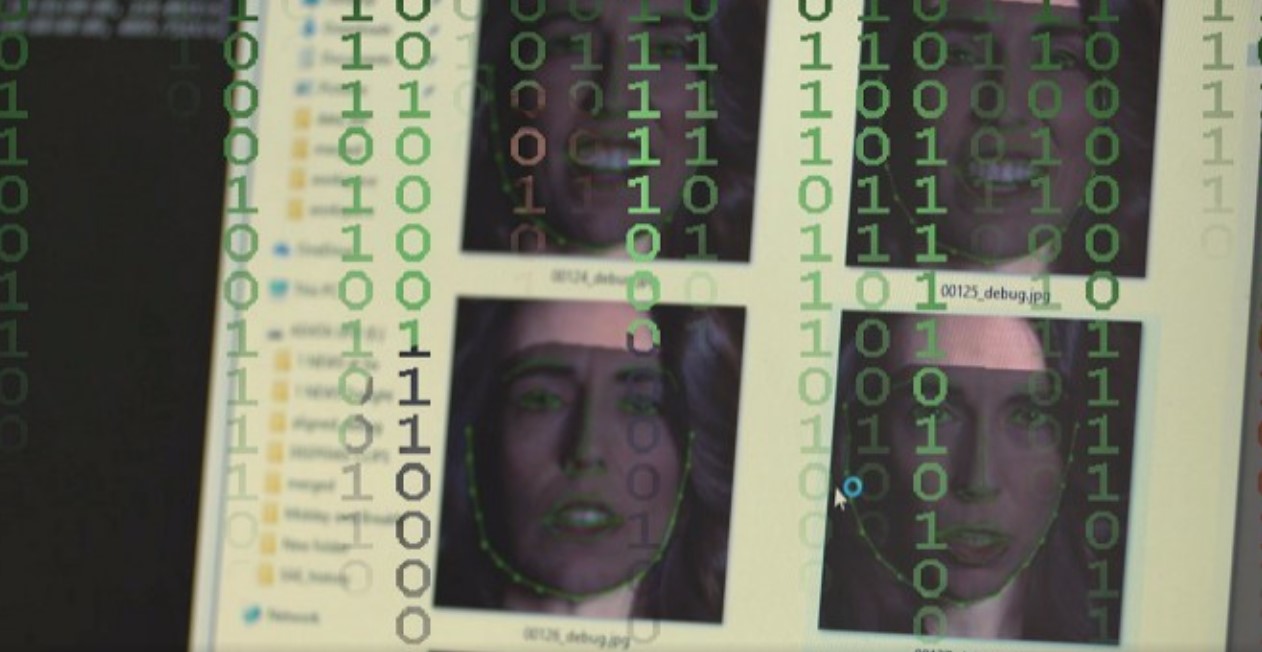A new wave of videos are hitting the internet, allowing people to face swap anyone they like, with frightening accuracy.
They’re called deepfakes and are generated using artificial intelligence.
While usually used to make light-hearted videos on Youtube, experts are worried about the threat they could pose to democracy.
Amy Fletcher, Associate Professor of Political Science at the University of Canterbury, told 1 NEWS she wouldn't be surprised if our own politicians become the subject of a malicious deepfake.
"As trust in public institutions and politicians continues to fall, and we throw deepfakes into that mix, I do think it's something New Zealand is going to want to track very carefully," she said.
Amy is particulaly interested in the emerging technology, which has already become a big concern for the Pentagon, who have labelled it as a "national security issue".
Our own Electoral Commission, based in Wellington, is keeping a close eye on it too.
"I think it's very likely we'll see it used in New Zealand," said Chief Electoral Officer Alicia Wright.
Ms Wright says election advertising has always been used to convince or sway voters, and there's a definite possibility deepfake technology will be eventually used as a tool.
While it's possible to debunk deepfakes, she urges voters to questioning everything they see.
"All election ads should say what who has authorised it and who it's at - if you can't tell the source, please let us know."
Another factor worrying officials, is how easy it is to get hold of deepfake technology.
1 NEWS was able to download the software and a step-by-step guide, just minutes after completing a google search.
Chief Censor David Shanks told 1 NEWS that he has wider concerns about the technology.
"Deepfake tech has already been employed to create pornographic material, in fact one of its earlier uses was to use child actresses in pornographic scenes," he said.
Privacy Commissioner John Edwards also has concerns.
While his office is yet to receive any formal complaints about deepfakes, he says it's an emerging issue.
"It does have the potential to be very intrusive into people's lives, and to misuse their personal information, and that's the area we're concerned about," he said.
Mr Edwards says his office will need to examine individual cases of deepfakes as they emerge, to see whether our privacy laws effectively cover deepfakes.





